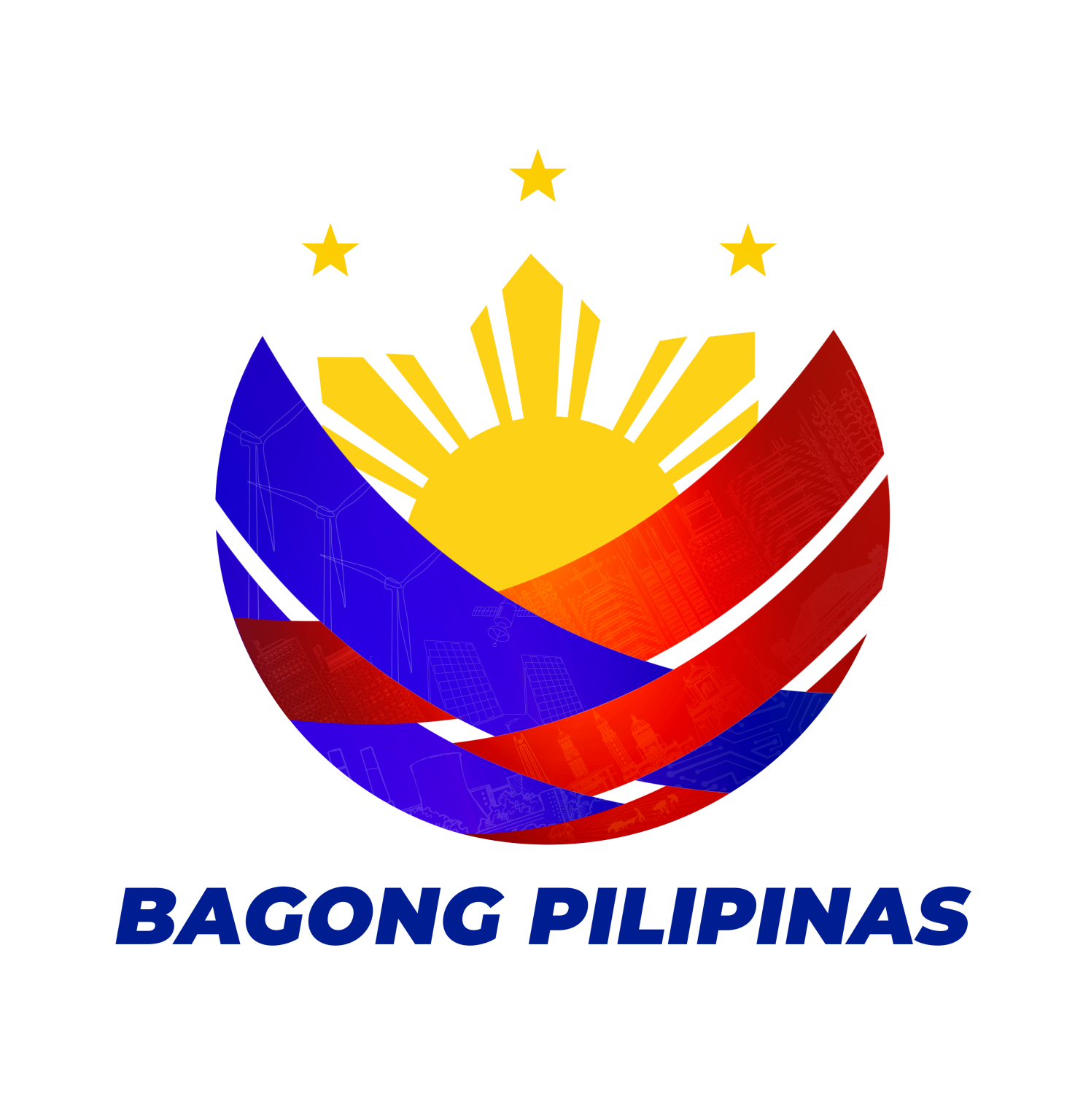1000 itinerant and homeless street families and Indigenous Peoples are currently enjoying their Family Camp in Zamboanga City, an activity conducted by the DSWD through its Pantawid Pamilyang Pilipino Program.
The said family camp is an annual activity under the Modified Conditional Cash Transfer (MCCT) for Homeless and Street Families (HSF) and Indigenous People who are in Geographically Isolated and Disadvantaged Areas (GIDA).
The said project serves as one of the social preparation activities for the families before their enrollment to the program. Here, the families are given orientation on the program itself, policies and laws related to filial issues such as child protection, responsible parenthood among others, character building activities and as well as sessions on sports, arts and music.
“Through the camp, we hope that the families will gain positive life interaction patterns, increase communication, identify family issues and family values all geared towards healthy family life, including family resources management and community participation.” DSWD Regional Director Zenaida Arevalo said in a statement.
Moreover, all the experiences in the camp are expected to bring camaraderie among the families to help develop their self-confidence, to realize their self-worth and strengthen family ties.
The family camp runs from October 8-26, 2015 and is being held at Cecilles’s Catering and Pension House to accommodate all families who are divided into 5 batches, making it 200 families per batch in every 3 days. This year’s family camp is anchored on the theme “Pamilyang Pilipino, Tanging Yaman ng Lipunan, Kaya Ko Ang Pagbabago”.
To date, the DSWD Regional office is catering 31,208 MCCT beneficiaries covered under HSF and GIDA modalities who are also recipients of cash grants after complying with all the relevant conditionalities.
HSF and GIDA are modalities of Pantawid Program. HSF provides a complete package of assistance to street families, including responsive shelter programs, with access to social services, and economic opportunities for the improvement of their living conditions while GIDA ensures that Indigenous Peoples receive equal opportunities such as livelihood capability building training, education, health and nutrition and awareness on their rights through community family development sessions.###




You must be logged in to post a comment.